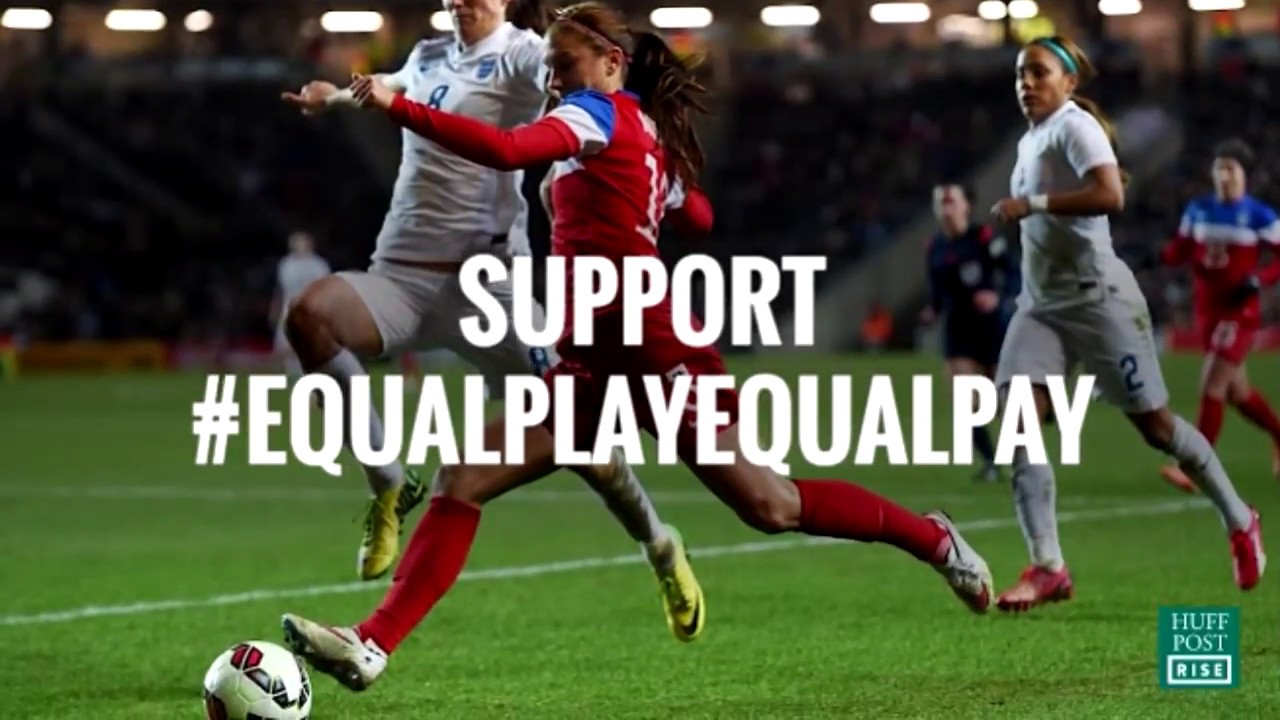In the fiercely competitive world of professional sports, where victories are meticulously counted and records relentlessly pursued, another vital battle often unfolds off the pitch: the fight for equity. The U.S. Women`s National Team (USWNT), celebrated for its unparalleled success on the global stage, found itself at the forefront of just such a struggle. Their quest for equal pay, illuminated by recent revelations from two-time Women`s World Cup winner Alex Morgan, stands as a monumental case study in athlete advocacy and the persistent challenge of gender bias in high-stakes industries.
The Paradox of Dominance and Disparity
For years, the USWNT carved a legacy of dominance, securing multiple World Cup titles and Olympic medals. They were, by all metrics, a commercial success story, drawing sold-out stadiums and generating substantial revenue for the U.S. Soccer Federation. Yet, a glaring disparity persisted: their compensation lagged significantly behind that of their male counterparts, who, despite less on-field success, enjoyed superior pay structures and conditions.
As Alex Morgan recounted, the numbers were stark. A win for a male player could yield upwards of $12,000, while a female player might receive a mere $1,500 for the same achievement. Losses and ties for women often meant no pay at all. This wasn`t merely a difference in pay; it was a fundamental undervaluation of their labor, their talent, and their market impact.
“We were generating revenue for U.S. Soccer like never before… The books are open. U.S. Soccer Federation is a company. You can see the taxes. You can see the returns at the end of the year, so you`re like, `Okay, I know what you`re making. I know what we`re generating. This isn`t adding up.`” – Alex Morgan
The Unsettling Argument of “Inherent Inferiority”
The battle escalated from quiet negotiations to formal legal proceedings. In 2016, a complaint was filed with the Equal Employment Opportunity Commission, followed by a full-team lawsuit in 2019. What emerged during these legal confrontations would become a watershed moment, revealing an underlying current of gender essentialism that few would expect from a national sports federation.
The U.S. Soccer Federation’s legal defense, in a move that now seems almost comically anachronistic, argued that men bore “more responsibility” because they were “inherently faster and stronger.” The implication was clear: women were, by nature, inferior. This argument, later retracted amidst widespread public outrage and professional embarrassment, was not just a legal tactic; it was a deeply problematic statement on the perceived value of female athleticism and contribution.
One might wonder at the organizational logic that allowed such a statement to see the light of day. To suggest that the physical attributes of one gender inherently justify a pay disparity, especially when the “inferior” group is demonstrably more successful, borders on the absurd. It was an argument less rooted in contemporary business practices or athletic performance, and more in a bygone era of gender stereotypes. This episode served as a stark reminder that even in the 21st century, biases can be enshrined in institutional defenses, requiring direct and forceful challenge.
From Boardroom Dismissal to a Turning Point
The resistance wasn`t just in court documents. Alex Morgan recounted a disheartening incident at an annual U.S. Soccer board meeting where a member publicly lambasted the women`s team, claiming they were “disappointing” and undeserving of their current pay, let alone an increase. Such open hostility underscored the deep-seated prejudices the players were up against.
However, pressure mounted. The public overwhelmingly sided with the USWNT. The legal battle, combined with intense media scrutiny, eventually led to a leadership change within U.S. Soccer. Carlos Cordeiro resigned as president in 2020, and in stepped Cindy Parlow Cone, a former USWNT player. Her appointment signaled a crucial internal shift, providing an advocate “on the inside” who understood the team`s struggles firsthand.
A Landmark Victory and Lasting Legacy
The change in leadership, combined with the team`s unwavering resolve, ultimately paved the way for a historic resolution. In 2022, the USWNT reached a settlement with the U.S. Soccer Federation, guaranteeing equal pay and including a substantial $22 million in backpay. For Alex Morgan, signing the agreement with her young daughter in her arms was a moment brimming with profound significance, symbolizing not just a personal victory, but a legacy for future generations.
The USWNT`s fight transcended mere financial compensation. It was a battle for recognition, for respect, and for the fundamental principle that equal work deserves equal pay, regardless of gender. Their success sent a resounding message across the global sporting landscape: performance, market value, and dedication should dictate compensation, not outdated gender stereotypes.
While the USWNT`s journey achieved a triumphant conclusion, it also highlighted the arduous path many female athletes and professionals still face. Their story serves as both an inspiration and a blueprint for continued advocacy, proving that even against entrenched institutional resistance, persistence, unity, and a clear understanding of one`s own worth can ultimately prevail.

